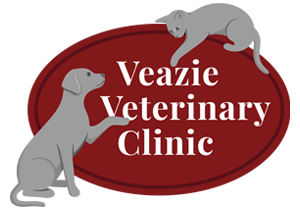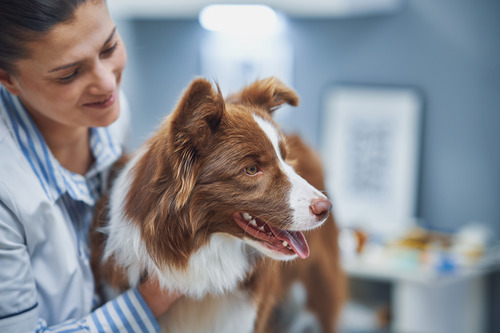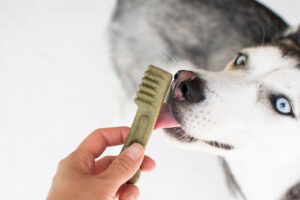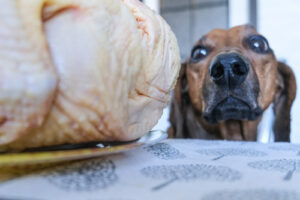Do you know what parvovirus looks like in dogs? Parvovirus, commonly known as parvo, is a highly contagious and potentially deadly virus that affects dogs, especially puppies. There are various methods to protect your dog from this dangerous virus, and at Veazie Veterinary Clinic in Bangor, ME, we’re here to help. This blog will explore various ways to prevent parvo in dogs, ensuring they stay healthy and happy. If you have any concerns about your dog’s health, please call us at (207) 941-8840.
What Is Parvovirus in Dogs?
Parvovirus primarily affects the gastrointestinal tract of dogs, causing severe vomiting and diarrhea. The virus can also damage the heart muscles of very young puppies, leading to cardiac issues. Parvo spreads through direct contact with an infected dog or contaminated objects like food bowls, leashes, and even the ground.
Protect Your Dog with Vaccination
Puppies should receive their first parvo vaccine at six to eight weeks of age, followed by booster shots every three to four weeks until they are about 16 weeks old. Adult dogs should receive regular booster shots to maintain immunity. Adhere to the vaccination schedule recommended by your veterinarian to ensure your dog is properly protected.
The Importance of Timely Vaccinations
Timely vaccinations are critical because puppies are particularly vulnerable to parvo before they are fully vaccinated. Missing a scheduled vaccination or delaying booster shots can leave your dog susceptible to the virus. Routine wellness exams help ensure that your dog stays up-to-date with their vaccinations.
Maintaining a Clean Environment
Since the virus can survive on surfaces for months, regular cleaning and disinfecting can reduce the risk of infection. Use a bleach solution to disinfect areas where your dog spends time, including kennels, crates, and food bowls.
Tips for Effective Cleaning
- Clean your dog’s living area daily with a bleach solution.
- Wash bedding, toys, and other items regularly.
- Avoid taking your unvaccinated puppy to places where other dogs frequent, such as parks or pet stores.
- Immediately clean up after your dog, especially in public areas.
Socializing Safely
Socialization is crucial for a puppy’s development, but it must be done safely to prevent parvo. Until your puppy is fully vaccinated, avoid exposing them to unknown dogs or areas where infected dogs might have been. Arrange playdates with healthy, vaccinated dogs to provide socialization without the risk of infection.
Controlled Socialization Techniques
- Organize playdates with fully vaccinated dogs in a clean environment.
- Enroll your puppy in a puppy socialization class that requires all participants to be up-to-date on vaccinations.
- Gradually introduce your puppy to new environments, ensuring they are clean and safe.
What Are Some Symptoms of Parvo?
Noteable symptoms include:
- Severe vomiting
- Diarrhea (often with blood)
- Lethargy
- Loss of appetite
If you notice any of these signs, contact Veazie Veterinary Clinic immediately at (207) 941-8840.
Monitoring Your Dog’s Health
Keep a close eye on your puppy’s behavior and appetite. Regularly check your puppy for signs of illness, such as vomiting or diarrhea. Seek veterinary advice promptly if you suspect your dog may have been exposed to parvo.
Boosting Your Dog’s Immune System
A strong immune system can help your dog fight off infections, including parvo. Provide a balanced diet rich in essential nutrients, regular exercise, and minimize stress to keep your dog’s immune system robust. Feed your dog high quality, balanced dog food, including foods rich in antioxidants such as blueberries and carrots. Ensure your dog gets enough protein to support muscle and immune function.
Regular Veterinary Check-Ups
Routine wellness exams at Veazie Veterinary Clinic can help monitor your dog’s health and ensure they stay protected against parvo. Your veterinarian can provide personalized advice on preventive measures and update vaccinations as needed and detect potential health issues before they become a problem. Your vet can also administer up-to-date vaccinations and parasite control if necessary.
What To Do If Your Dog Is Exposed to Parvo
If you suspect your dog has been exposed to parvo, contact Veazie Veterinary Clinic at (207) 941-8840 for advice and possible treatment options. Isolate your dog from other pets to prevent the spread of the virus. Disinfect your home and any areas where your dog has been and follow your veterinarian’s instructions closely to support your dog’s recovery.
